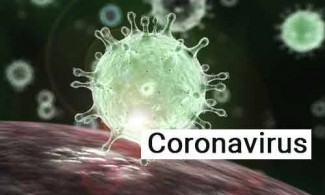Who is at risk Corona Virus?

Who is at risk?
Having a health condition does not make you more likely than anyone else to come into contact with coronavirus.
But it appears people who are older, those with weakened immune systems and people who have underlying chronic conditions, including heart disease, diabetes, or asthma, are more at risk of severe effects if they do catch it.
Most people start to recover from coronavirus quickly after a few days' rest. For some people, it can be more severe and sometimes life-threatening. The symptoms are similar to other illnesses that are much more common, such as cold and flu:
- a cough
- a high temperature
- shortness of breath
People at higher risk include those who are over 70, regardless of whether they have a medical condition or not, and people under 70 with any of the following underlying health conditions:
- chronic (long-term) respiratory diseases, such as asthma, chronic obstructive pulmonary disease (COPD), emphysema or bronchitis
- chronic heart disease, such as heart failure
- chronic kidney disease
- chronic liver disease, such as hepatitis
- chronic neurological conditions, such as Parkinson's disease, motor neurone disease, multiple sclerosis (MS), a learning disability or cerebral palsy
- diabetes
- problems with your spleen - for example, sickle cell disease or if you have had your spleen removed
- a weakened immune system as the result of conditions such as HIV and AIDS, or medicines such as steroid tablets or chemotherapy
- being seriously overweight (a BMI of 40 or above)
- those who are pregnant
Everyone is being told to follow social-distancing measures to help reduce the chance of catching and spreading coronavirus. And 16m people in higher risk groups are strongly advised to follow the advice.